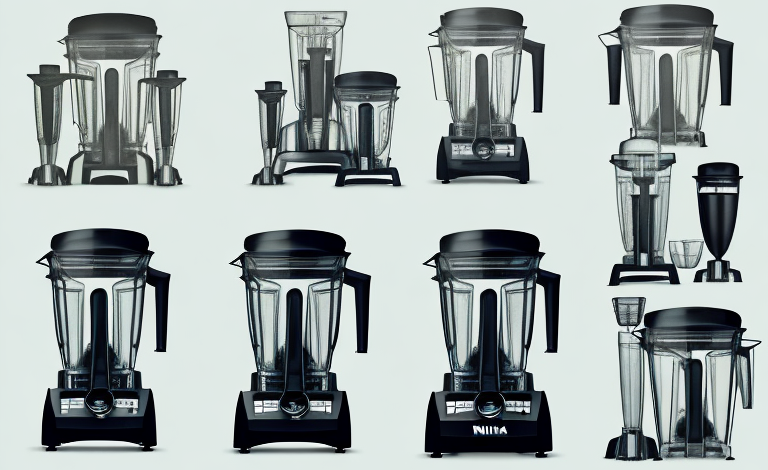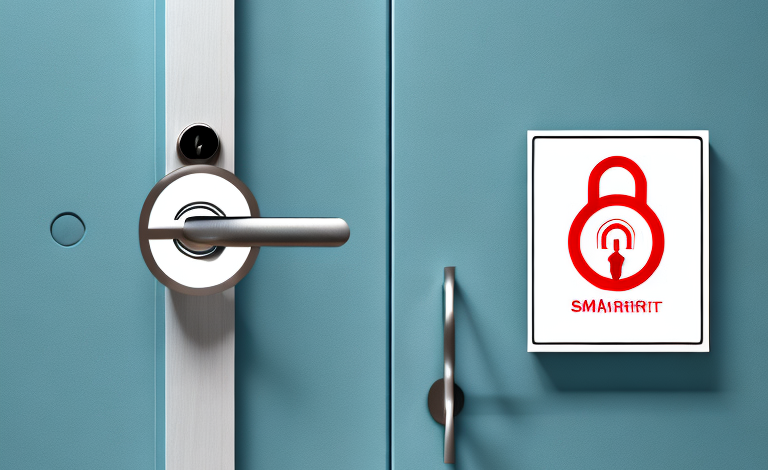Locks are an integral part of our homes’ security. Every homeowner wants to feel secure and protect their property from unauthorized access. With the vast array of lock options available in the market, it’s imperative to understand the correlation between the price and security level of a lock to make an informed decision when choosing a lock for your home. In this article, we’ll explore the truth about the price-security correlation of locks and the factors that affect lock security to determine if expensive locks are more secure than affordable locks.
The truth about the price-security correlation of locks
Many people believe that the more expensive a lock is, the more secure it is. But the truth is that the price of a lock does not always guarantee its security level. While some expensive locks are highly secure, some affordable locks provide excellent security at a lower price. The level of security of a lock depends on several factors, such as the lock’s construction, material, and durability, rather than the price tag of the lock.
One important factor to consider when choosing a lock is its resistance to picking. Some locks may have a high price tag but can still be easily picked by experienced thieves. On the other hand, some affordable locks may have advanced mechanisms that make them almost impossible to pick, providing a higher level of security.
Another factor to consider is the lock’s resistance to physical attacks, such as drilling or cutting. Some locks may have a high price tag but can still be easily broken into with basic tools. In contrast, some affordable locks may have reinforced materials that make them highly resistant to physical attacks, providing a higher level of security.
How to determine the security level of a lock
Before purchasing a lock, consider its security rating, which is a measure of its effectiveness in deterring a break-in or thwarting an attempted burglary. Security ratings are based on industry standards and testing criteria established by independent organizations. Some of the commonly used security ratings for locks include UL Listing, ANSI/BHMA grading, and Sold Secure Certification. These ratings assess a lock’s durability, strength, and resistance to lock-picking, drilling, and bumping attacks, among other things.
UL Listing is a security rating system developed by Underwriters Laboratories, a global safety certification company. UL Listing evaluates a lock’s resistance to various forms of attacks, including physical force, manipulation, and environmental factors such as temperature and humidity. A lock with a higher UL Listing rating is considered more secure than one with a lower rating.
ANSI/BHMA grading is another widely recognized security rating system for locks. It was developed by the American National Standards Institute (ANSI) and the Builders Hardware Manufacturers Association (BHMA). The grading system evaluates a lock’s performance in three areas: strength, durability, and functionality. A lock with a higher ANSI/BHMA grade is considered more secure and reliable than one with a lower grade.
Factors that affect lock security and how to choose wisely
The security level of a lock is affected by several factors, including the lock’s design and construction, material, and locking mechanism. When selecting a lock for your home, invest in a high-quality lock made from strong and durable materials such as steel or brass. Look for locks with advanced security features that make it difficult for burglars to bypass, such as keyless entry, anti-drill plates, and anti-pick pins. Additionally, consider a lock’s warranty and reputation of the manufacturer before purchasing.
It is also important to consider the location and placement of the lock. For example, a lock on a front door should be different from a lock on a back door or a window. A deadbolt lock is a good option for a front door, while a sliding window may require a different type of lock. It is also important to ensure that the lock is properly installed and maintained to ensure maximum security. Regularly check the lock for any signs of wear and tear, and replace it if necessary.
Expert opinions on the efficiency of expensive locks in deterring burglars
The efficiency of an expensive lock in deterring a burglar from successfully breaking into your home is a subject of debate among experts. Some industry experts believe that expensive locks provide an added level of security and deter burglars by showing that the homeowner values security. On the other hand, others argue that expensive locks are not always worth the investment as burglars can still bypass them through other means or by using brute force.
However, it is important to note that the effectiveness of a lock also depends on the overall security measures in place. For example, if a burglar sees that a home has a high-quality lock but also has weak windows or doors, they may still attempt to break in. Therefore, it is recommended to have a comprehensive security system in place, including strong locks, sturdy doors and windows, and possibly even a security camera system.
The limitations of relying solely on expensive locks for home security
While expensive locks can provide an added layer of security to your home, relying solely on them for home security is not enough. It’s important to implement layered security measures to secure your home, such as installing cameras, alarms, and motion-sensor lights. These measures can help deter burglars and reduce the likelihood of a break-in.
Additionally, it’s important to remember that even the most expensive locks can be picked or bypassed by experienced burglars. It’s crucial to also practice good habits, such as always locking doors and windows, not leaving spare keys outside, and being cautious about who you give access to your home. By combining these habits with layered security measures, you can better protect your home and your family.
Alternatives to expensive locks for better home security
There are cost-effective alternatives to expensive locks that can provide excellent security for your home. One alternative is using smart locks, which provide state-of-the-art security features and can be easily programmed to control and monitor access to your home. Another alternative is using deadbolts or locks that provide excellent resistance to lock-picking and drilling attacks.
Another alternative to expensive locks is installing security cameras around your home. These cameras can act as a deterrent to potential intruders and provide valuable evidence in the event of a break-in. Additionally, you can install motion sensor lights around your property to alert you of any suspicious activity and deter intruders from approaching your home.
Cost-effective ways to upgrade your current locks for maximum security
If you’re on a budget and looking to upgrade your current locks without spending a fortune, consider rekeying your locks or installing new lock cylinders. This ensures that only authorized individuals have access to your home, reducing the likelihood of a break-in. Also, consider reinforcing your door frames and hinges, as a weak door frame or hinge can make it easier for burglars to gain entry.
Another cost-effective way to upgrade your current locks is to install deadbolts. Deadbolts provide an extra layer of security and are more difficult to pick than traditional locks. Additionally, you can install a strike plate to reinforce the area around the lock and prevent it from being kicked in. It’s also important to regularly maintain your locks by lubricating them and checking for any signs of wear and tear. By taking these steps, you can improve the security of your home without breaking the bank.
Understanding lock ratings: what they mean and how they can help you make an informed decision
As earlier stated, lock ratings are used to measure the level of security of a lock. Understanding these ratings and what they mean can help you make an informed decision when choosing a lock for your home. UL Listing, ANSI/BHMA grading, and Sold Secure Certification are the most common ratings you’ll come across when shopping for locks. UL Listed locks meet industry standards for resisting forced entry, while ANSI/BHMA graded locks have been tested and assigned a grade based on their level of security. Sold Secure Certification is an independent third-party certification program that tests and approves locks based on their security features.
It’s important to note that while lock ratings can give you an idea of a lock’s security level, they are not foolproof. It’s still important to take other measures to secure your home, such as installing deadbolts, reinforcing door frames, and using security cameras. Additionally, it’s important to regularly maintain and replace your locks to ensure they are functioning properly and providing the level of security you need.
Comparing high-end and low-end lock brands: which ones offer the best value for money?
When selecting a lock for your home, it’s essential to consider both the high-end and low-end lock brands and compare their value for money. High-end lock brands such as Schlage, Kwikset, and Yale offer excellent security features but come with a higher price tag. On the other hand, low-end lock brands such as Brinks, Master Lock, and Defiant offer affordable but robust security features that are effective in deterring burglars. Ultimately, the lock brand you choose should provide excellent security, be durable, and fit your budget.
In conclusion, the price of a lock does not always guarantee its security level. It’s essential to consider the lock’s construction, material, and durability and its security rating before making a purchase. Remember, it’s not enough to rely solely on locks for home security; implementing layered security measures can help deter burglars and provide maximum protection for your home.
One of the most critical factors to consider when selecting a lock is its resistance to picking and bumping. High-end lock brands often have advanced mechanisms that make them more resistant to these techniques, while low-end lock brands may be more vulnerable. It’s important to research the specific lock brand and model you’re considering to ensure it has adequate protection against these common break-in methods.



